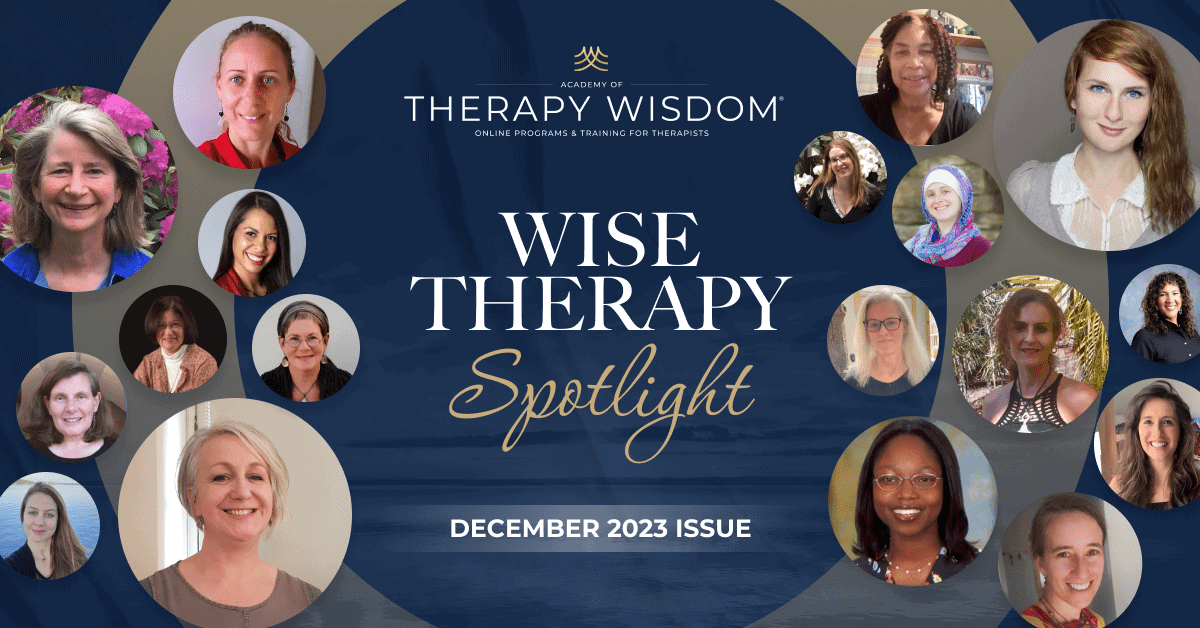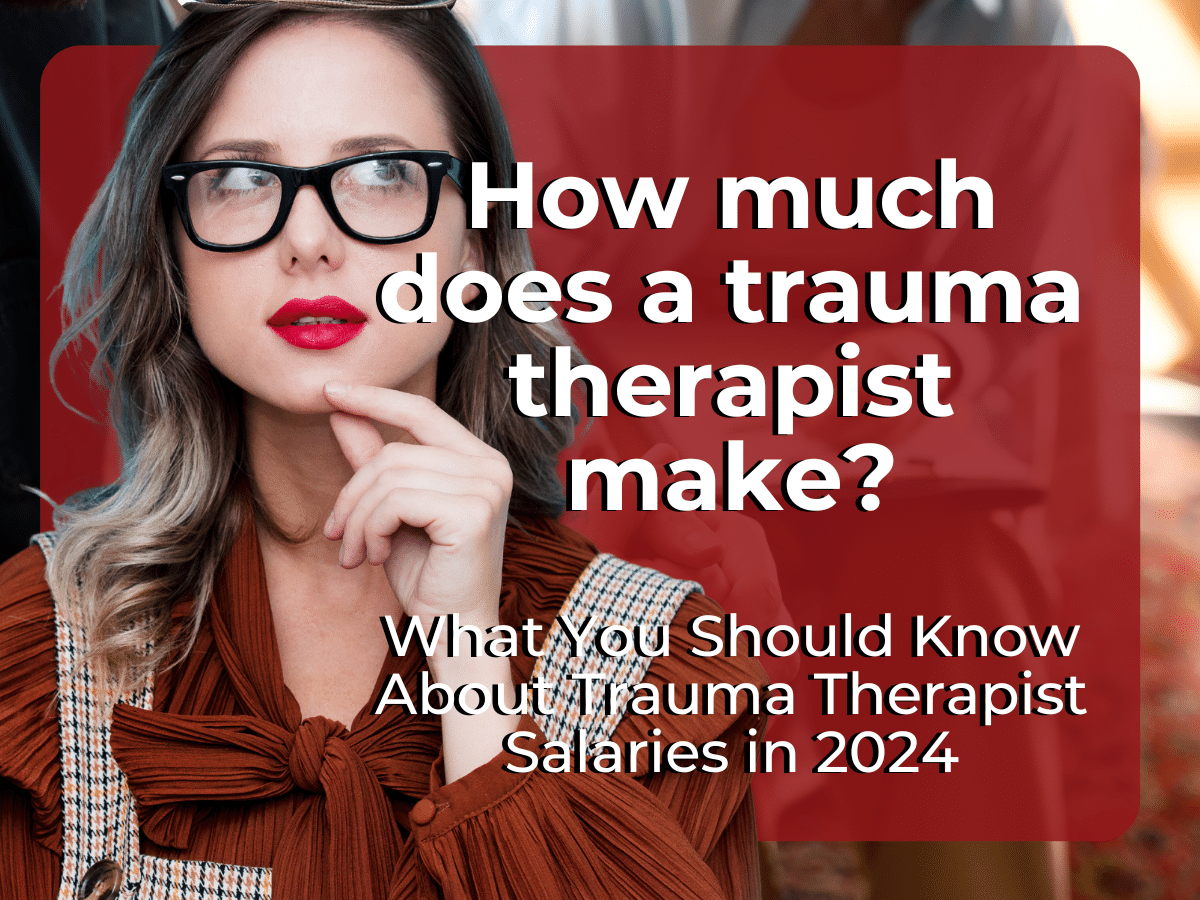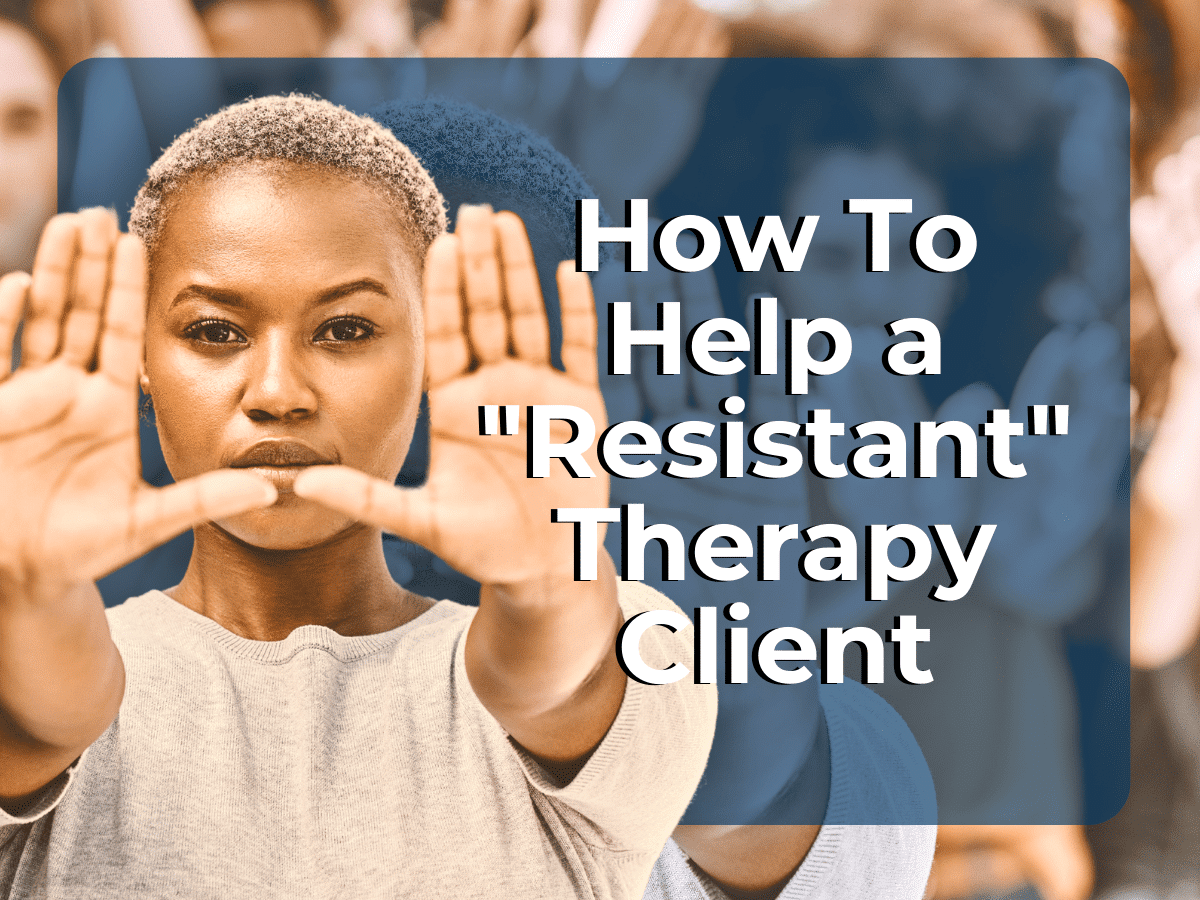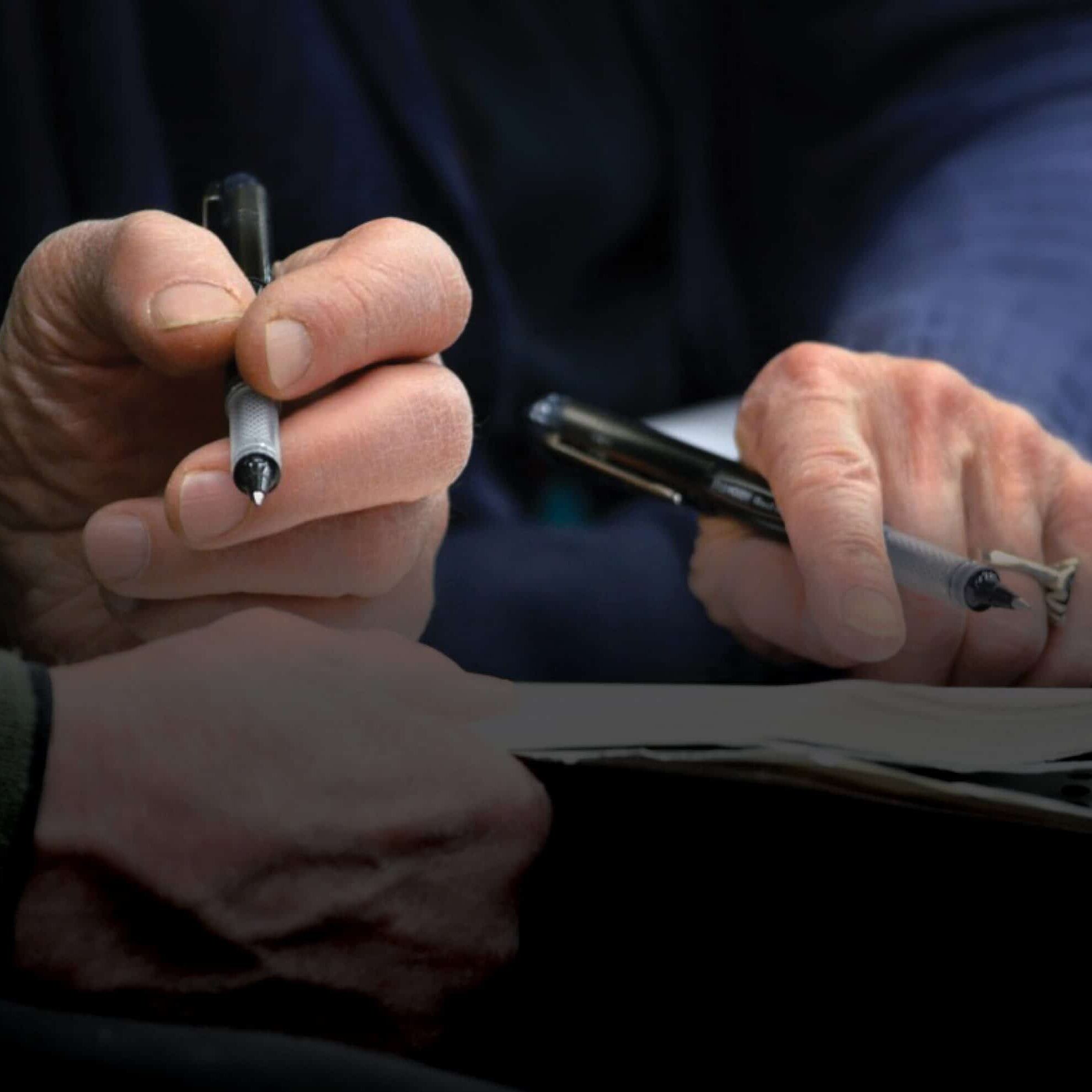As part of our online therapist training community, you may have seen us ask this question of therapists last year:
“How, as a community, do we repair a sick world when it is anguished with mental suffering?”
Alongside our enriching trainings for therapists, we proudly presented the much-anticipated annual 2023 Wise Therapy Spotlight publication -a compilation of profound essays and captivating artwork from our esteemed psychotherapy training community. We extend our sincere gratitude to all contributors who shared their insights and talents, making this publication a true testament to the brilliance within our community.
A special congratulations to our featured authors! Your responses to the pivotal question, “How, as a community, do we repair a sick world when it is anguished with mental suffering?” have left us inspired.
If you’re interested in downloading the full Wise Therapy Spotlight December 2023 Issue, Click to Download the PDF now.
Repairing Our Troubled World Burdened with Mental Anguish: One Day at a Time!

One of my passions is learning and listening to the news is one of my favorite ways of acquiring new knowledge. Invariably, whenever I listen to prime time news, what gets priority is incidents in which humans are not at their best. First to be reported are Individual crimes, massive shootings in the various neighborhoods as well as war casualties and atrocities. Because I live near New York City, my local news are filled with incidents of road rage, crimes in the NYC subway system, acts of disorderly conduct and the many deaths related to the opioid crisis impacting our region.
The US surgeon’s report on loneliness is relevant when discussing the conditions of our troubled world at the present time. In Dr. Murthy’s report entitled “Our epidemics of loneliness and isolation,” he explained the gravity of the situation: “We are called to build a movement to mend the social fabric of our nation. It will take all of us—individuals and families, schools and workplaces, health care and public health systems, technology companies, governments, faith organizations, and communities—working together to destigmatize loneliness and change our cultural and policy response to it” (2023, pg. 5).
From my professional and personal perspective, the US population has been dealing with pervasive loneliness, family breakdown and mental anguish even before the COVID-19 emerged. The high rates of mental illness impacting the US population during and after the pandemic as well as the incidences of violence at the family, community and national levels via mass shootings indicate a preponderance of mental suffering and the inability to find constructive ways to handle the daily stressors we all manage.
During the COVID-19 pandemic, I provided pro-bono counseling. In all cases I worked with, the clients honestly conveyed significant levels of despair, hopelessness and inability to find their center. A few of them reported persistent grief due to their losses at home and elsewhere. I shared with them that I also experienced death in my family due to COVID-19 which made it easier to connect with their pain and sorrow.
As the US government declared that the pandemic was over, the message most people got was they needed to move on. For many Americans, they did not have the inner resources to do just that. When they asked for mental health services, they did not know where to go. For those who asked for mental health services, they were unable to afford the services or were assigned to a waiting list. For those who were able to meet with a mental health provider, they faced the inability of many professionals to effectively connect with them if they were part of marginalized or socially oppressed communities (Schiraldi, 2020)
This next March will be four years from the onset of this global health crisis. We are still dealing with its long term consequences as well as the lingering effects of the social disarticulation experienced before the pandemic. It is going to take all citizens of the nation and the world to bring some lasting relief to this season of despair and anguish.
I would like to share some thoughts on how we can respond more effectively to this individual/collective suffering. To begin with, let’s interact with our loved ones and those we care about face to face as many times as possible. Experiencing direct human contact is necessary for our physical and mental well-being. Second, let’s disconnect from our technology and social media on a daily basis. I call this activity “social media detox.” Our brain and entire human body need this break from any insidious technology. Third, let’s contribute to creating a safe space for all people to share their mental distress and related symptoms. We need to normalize the experience of feeling overwhelmed in managing daily life stressors. Also, demystifying mental illness is a must if we want to properly respond to the high levels of mental pain and suffering that so many fellow citizens are living with. Fourth, help all those in need of mental professional services to feel respected and encouraged to get professional help. Fifth, encourage people to engage in volunteer work. Doing volunteer service is deeply rewarding. This type of service enriches our physical, emotional and spiritual health.
In closing, the times we are living in are truly challenging. Many fellow citizens are deeply hurting. Our mental health systems are unable to serve many of them due to limited access and the inadequate training of the mental health professionals in responding to many clients, especially those living in marginalized and racially oppressive circumstances. Asking people to “move on” is like asking a drug addict to say “no” to drugs.
We need to create safe spaces in our families, communities, places of employment, places of worship and professional organizations so that any member who is unable to cope finds compassion and solidarity when airing these difficulties. By experiencing a safe place, they may feel encouraged to seek the help that they need and work toward regaining their health. I am convinced that if we all do our part, we can overcome this crisis of individual and collective pain and despair. There is no minute to waste. The time is now.
“There is no better teacher than adversity. Every defeat, every heartbreak, every loss, contains its own seed, its own lesson on how to improve your performance the next time.” (Malcolm X)
“Hope is important because it can make the present moment less difficult to bear. If we believe that tomorrow will be better, we can bear a hardship today.” (Thich Nhat Hanh)
References:
- Prohaska T, Burholt V, Burns A, et al. Consensus statement: loneliness in older adults, the 21st century social determinant of health? (2020). BMJ Open. 10(8):e034967.
- National Academies of Sciences Engineering and Medicine (NASEM). (2020). Social Isolation and Loneliness in Older Adults: Opportunities for the Health Care System. Washington, DC: The National Academies Press.
- Our Epidemic of Loneliness and Isolation (hhs.gov) 2023’s Surgeon General report.
- Schiraldi, R. (2020). Healing love poems for white supremacy culture. Pittsburgh, PA: RoseDog Books. 351 pages.
If you would like to be inspired by more of the essays and artwork published in the Wise Therapy Spotlight December 2023 Issue, Click to Download the PDF now.




